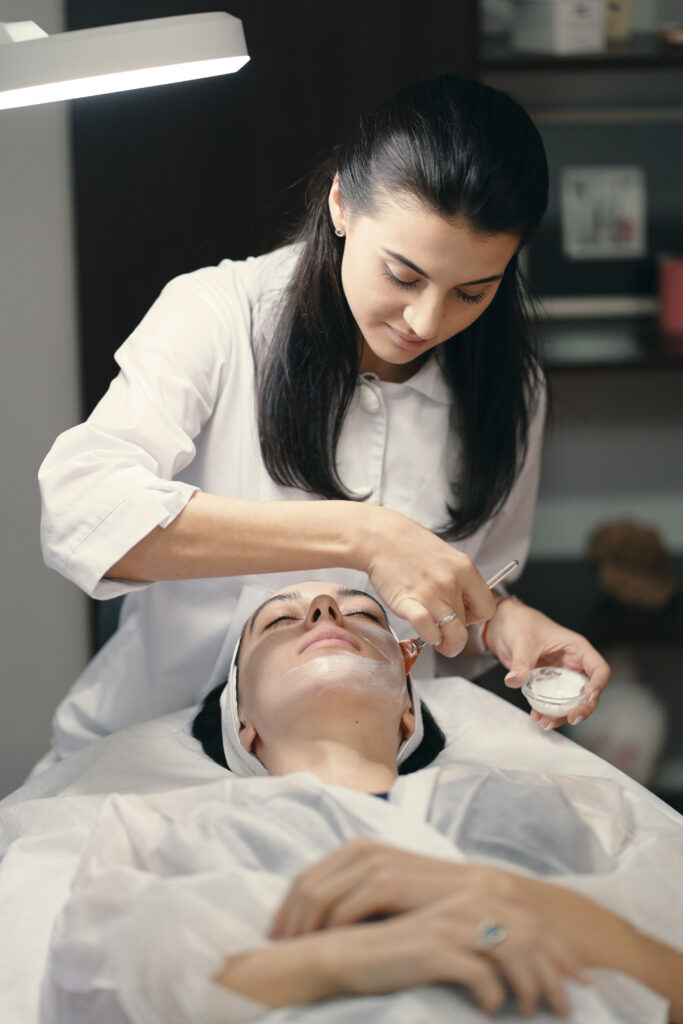Table of Contents

Skin specialists, also known as dermatologists, play a crucial role in maintaining skin health. The skin is the largest organ of the body and serves as a protective barrier against environmental factors. However, it can be susceptible to various conditions, requiring the expertise of a skin specialist. In this article, we’ll explore the responsibilities of dermatologists, common skin conditions they treat, and how to choose the right specialist for your needs. find my own website here
What Does a Skin Specialist Do?
A skin specialist is a medical doctor trained in the diagnosis and treatment of skin disorders. Their expertise extends beyond the skin to include hair and nails. Dermatologists provide a wide range of services, including:
- Diagnosis and Treatment: Dermatologists evaluate and diagnose skin conditions ranging from mild issues like acne to severe diseases like melanoma.
- Surgical Procedures: They perform various procedures, such as skin biopsies, excisions of tumors, and cosmetic surgeries like facelifts and liposuction.
- Cosmetic Treatments: Many dermatologists offer cosmetic services, including Botox, fillers, chemical peels, and laser treatments, aimed at improving skin appearance.
- Education and Prevention: Skin specialists educate patients on skincare, sun protection, and the importance of regular skin checks for early detection of skin cancers.
Common Skin Conditions Treated by Dermatologists
- Acne: A prevalent condition among teenagers and adults, acne is caused by clogged pores and can lead to scarring if not treated properly.
- Eczema: This chronic condition results in inflamed, itchy skin and can be triggered by various environmental factors, allergens, and stress.
- Psoriasis: A chronic autoimmune condition characterized by red, scaly patches on the skin, psoriasis can significantly affect a patient’s quality of life.
- Skin Cancer: Dermatologists play a critical role in the detection and treatment of skin cancers, including basal cell carcinoma, squamous cell carcinoma, and melanoma.
- Rosacea: This common skin condition causes redness and visible blood vessels in the face, often mistaken for acne or other skin issues.
How to Choose the Right Skin Specialist
When seeking a skin specialist, consider the following tips to ensure you find the right fit for your needs:
- Check Qualifications: Verify that the dermatologist is board-certified and has completed specialized training in dermatology.
- Read Reviews: Look for patient reviews and testimonials to gauge the quality of care provided by the specialist.
- Consider Experience: Choose a dermatologist with experience in treating your specific skin condition, as this can lead to better outcomes.
- Consultation: Schedule a consultation to discuss your concerns. This meeting allows you to assess the dermatologist’s communication style and approach to treatment.
- Location and Availability: Consider the location of the clinic and the availability of appointments, especially if ongoing treatment is required.
Conclusion
Skin specialists are essential for diagnosing and treating a wide range of skin conditions. Whether you are dealing with acne, eczema, or skin cancer, consulting a dermatologist can help you achieve healthier skin. By understanding their role and knowing how to choose the right specialist, you can take proactive steps toward maintaining your skin health. Don’t hesitate to seek help; your skin deserves the best care possible!

